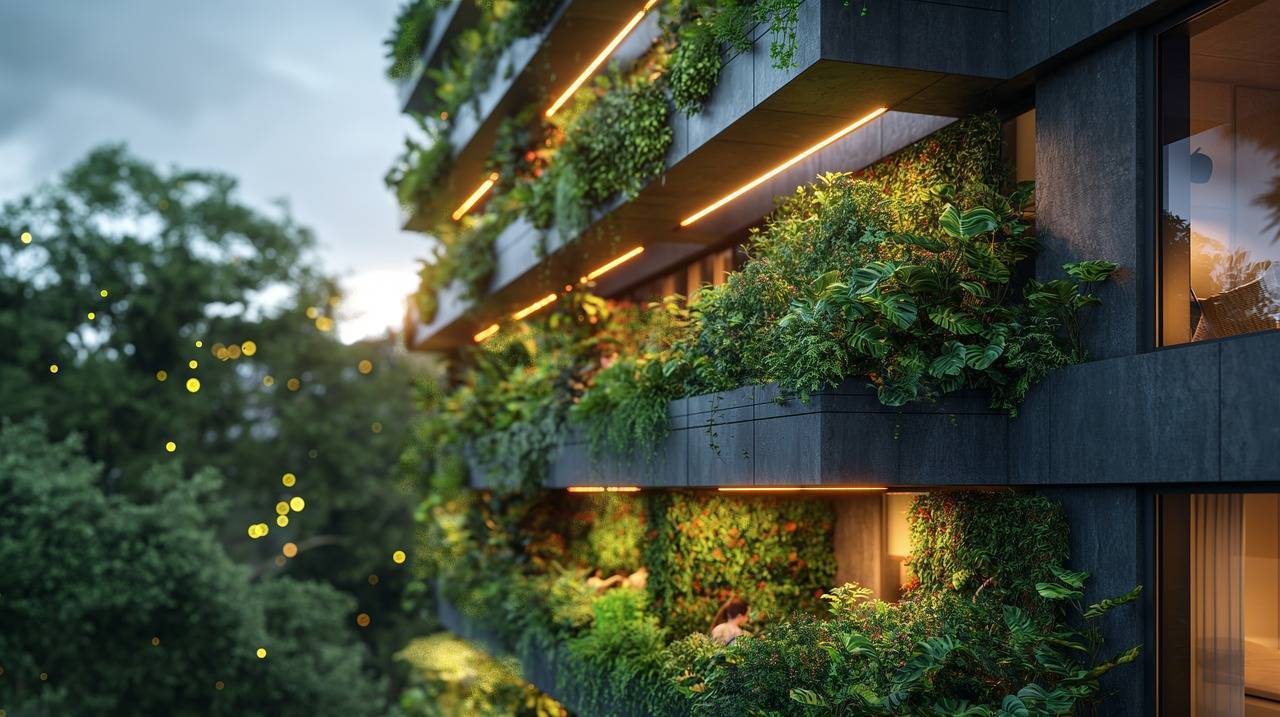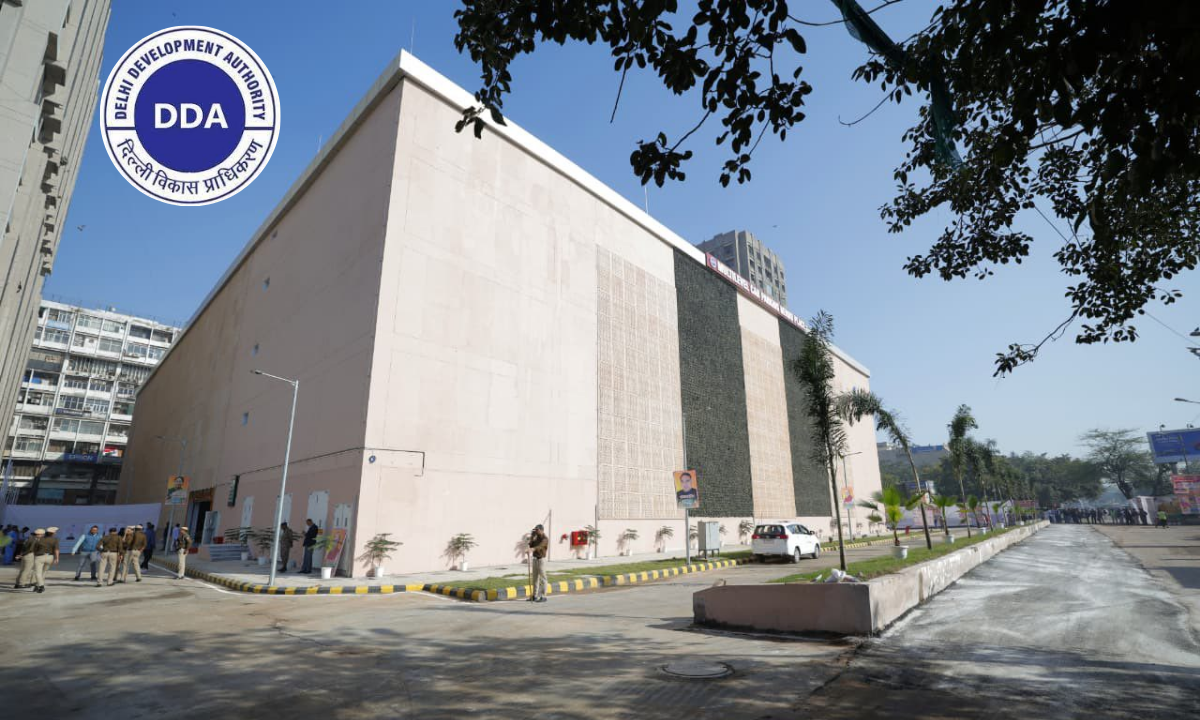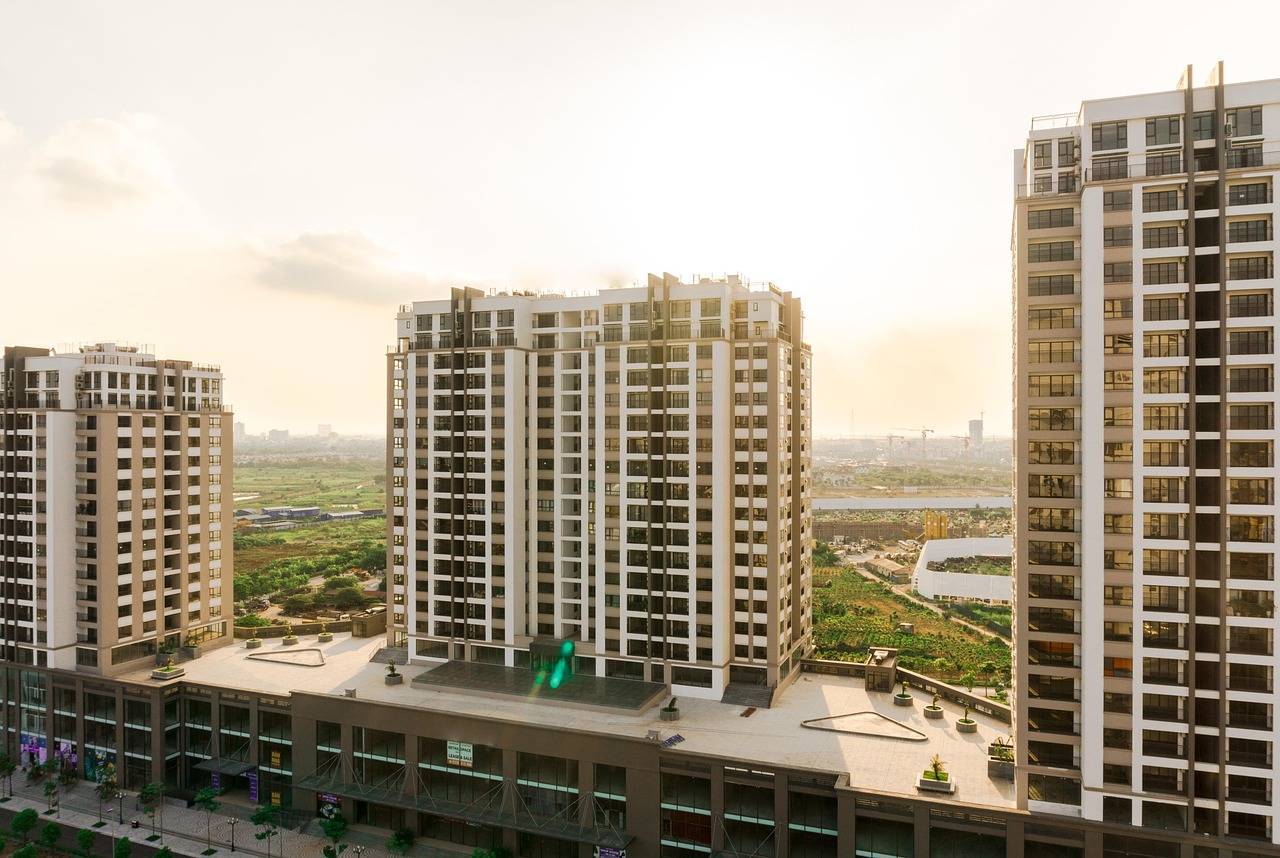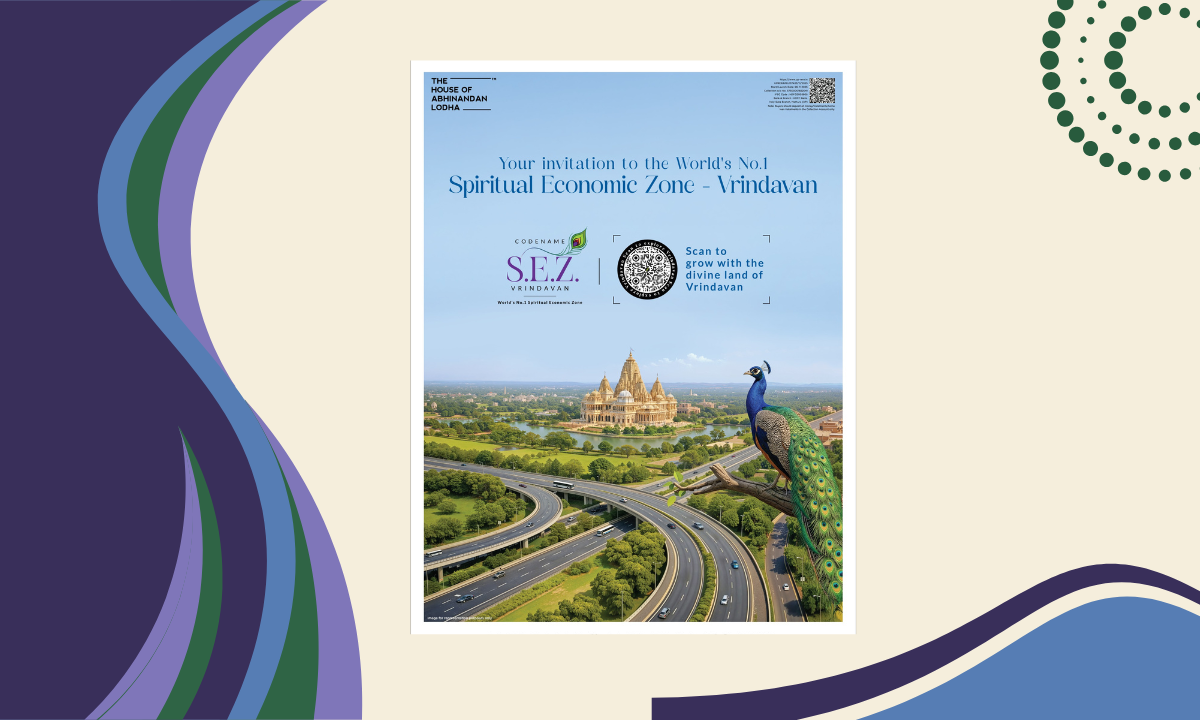In a significant advancement towards sustainable urban development, the Gujarat government has introduced new Floor Space Index (FSI) incentives designed to encourage green building practices. This initiative highlights the state’s dedication to environmental sustainability by promoting the construction of eco-friendly and energy-efficient buildings.
FSI is a critical urban planning metric that measures the ratio of a building's total floor area to the area of its plot. For example, an FSI of 1.0 means that the total built-up area of the building equals the size of the plot. By increasing the FSI, developers are allowed to build more floor area on the same plot, thereby influencing urban density and development.
Key Features of the New FSI Incentives
The new policy from the Gujarat government offers several key benefits to developers who adhere to green building standards. One of the primary features of the policy is the provision of additional FSI for green buildings. This means that developers can construct larger buildings on the same plot, provided they comply with specified environmental criteria. These criteria include energy efficiency, water conservation, waste management, and the use of sustainable materials. To qualify for these incentives, buildings must obtain certifications from recognized green building agencies, ensuring they meet the set environmental standards and adding transparency to the incentive process.
Impact on Development Costs
While the increased FSI provides developers with the opportunity to create more spacious buildings, it also affects the cost of development. Constructing green buildings often involves higher initial investment due to the use of advanced technologies and sustainable materials. Despite this, the long-term benefits, such as reduced operational costs and energy savings, are expected to outweigh these initial expenses. Furthermore, the scheme encourages the renovation of existing buildings to meet green standards, thereby improving the environmental performance of older structures.
Benefits Across Sectors
The benefits of the FSI incentives extend across various sectors. Environmentally, the initiative helps reduce the carbon footprint of new constructions by promoting energy efficiency and lower greenhouse gas emissions. Economically, green buildings typically result in lower operational costs, benefiting property owners with reduced utility bills and enhanced property value. The increased FSI also supports efficient land use by allowing higher-density development while preserving green spaces, contributing to sustainable urban growth. Additionally, the policy is likely to attract investors and developers interested in participating in environmentally responsible projects, enhancing Gujarat’s reputation as a leader in green urban planning.
Challenges and Considerations
However, the implementation of the new FSI incentives comes with its own set of challenges. Ensuring that developers adhere to the green building standards and certification requirements will be crucial for the success of the initiative. Effective monitoring and enforcement mechanisms will be necessary to maintain compliance and achieve the desired environmental outcomes. Additionally, the higher initial costs of green building construction may pose challenges, requiring developers and investors to carefully balance these costs with the long-term benefits. Increased awareness and training for developers, architects, and builders on green building practices and certification processes will also be essential to facilitate the widespread adoption of these standards.
Way Forward
The Gujarat government’s introduction of FSI incentives for green buildings marks a significant step forward in sustainable urban development. By offering additional FSI to projects that meet green building criteria, the state is promoting environmental responsibility and enhancing the benefits of sustainable construction practices. This initiative not only aligns with Gujarat’s sustainability goals but also sets a precedent for other regions to follow. As Gujarat continues to implement and embrace these measures, it contributes to a greener and more sustainable future, benefiting both the environment and the community at large.









.png)